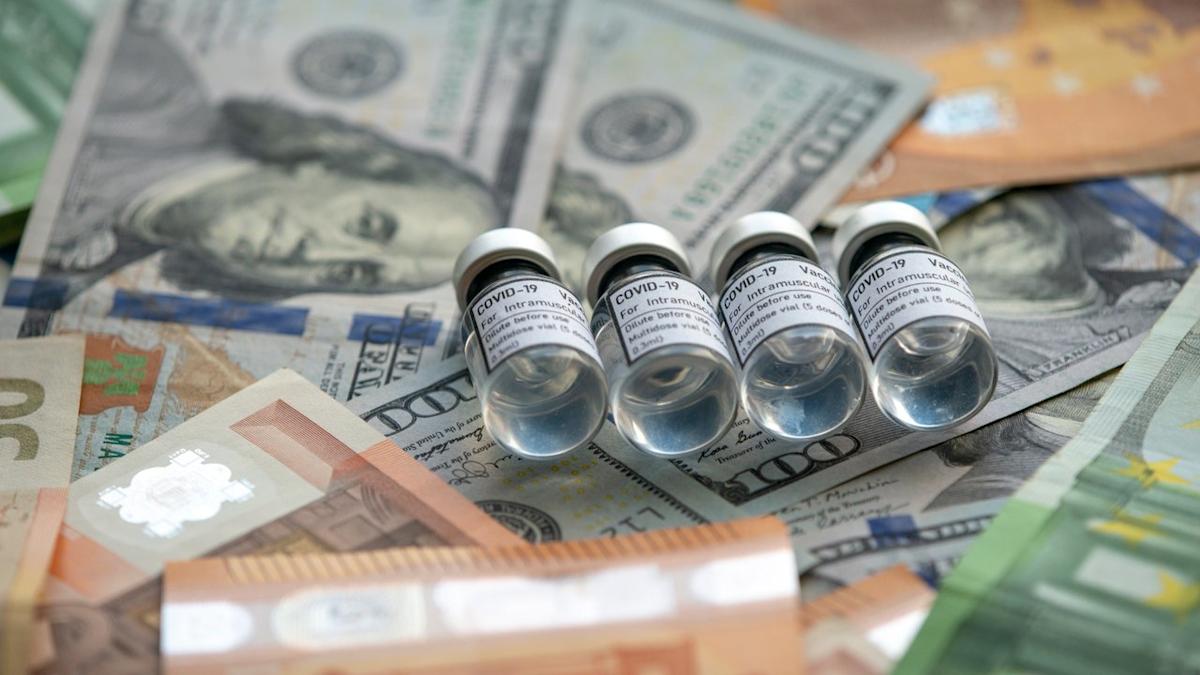Trump inks deals to cut prices of weight loss drugs
The Trump Administration announced on Thursday that it has reached deals with Eli Lilly and Novo Nordisk to lower the prices of some of their popular GLP-1 weight loss drugs in exchange for partial Medicare coverage, which opens up new markets for both companies.
Currently, Novo Nordisk’s Ozempic and Wegovy and Lilly’s Zepbound and Mounjaro sell for a list price of around $1,000 per month before rebates and discounts, which is as much as three times higher than the price tag in other developed nations. Next year, the White House said in a statement, the drugs will sell on the upcoming direct-to-consumer portal, TrumpRx, for about $350 — a starting price already accessible through the drugmakers’ direct pay websites today.
As for new medicare coverage, a Trump administration official reportedly clarified that around 10% of Medicare beneficiaries will see new access to coverage of the drugs through a mid-2026 pilot program. The White House says the drugs will go for $245 through Medicare, and state Medicaid programs can opt into covering them at that price. “Medicare beneficiaries will pay a co-pay of just $50 per month,” the White House said. The prices of the drugs through TrumpRx will fall in the next two years to $245, Axios reported.
Shares of Lilly were up by nearly 1% as of around 12:45 p.m. ET, while Novo’s shares were down by about 2%.
Medicare, the federal insurance program for people age 65 and older, currently covers GLP-1 drugs only if prescribed for diabetes or heart disease, but not for obesity. Some 66 million people are enrolled in Medicare, and in 2024 the Congressional Budget Office estimated that approximately 12.5 million Medicare enrollees would be eligible for the weight loss medicines if they were available for obesity treatment.
That could mean even more demand for what is rapidly becoming one of the world’s most prescribed drugs, just four years after they were first introduced. In May Morgan Stanley Research estimated that the global market for obesity drugs would reach $150 billion in 2035, from about $15 billion last year.
The Biden administration had already issued a new rule expanding Medicare and Medicaid coverage to obesity drugs last January, but the Trump administration halted those plans in April, saying it would be too costly.
In July, the Trump administration sent letters to 17 major drug manufacturers, including Novo Nordisk and Eli Lilly, demanding that they bring down the prices of prescription drugs in the U.S. to match the lowest price offered in other developed nations — known as the most-favored-nation price.
Pfizer and Astra-Zeneca recently reached agreements to lower the prices of their prescription drugs in exchange for tariff relief.



Leave a Comment
Your email address will not be published. Required fields are marked *